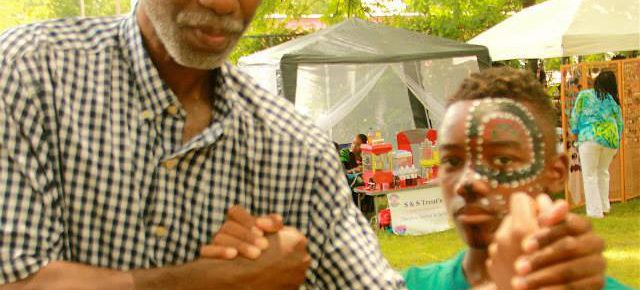Bob Johnson, founding director of Juneteenth Atlanta, one of the largest Juneteenth celebrations in the U.S., discusses the significance of remembering the anniversary of June 19, 1865 – the day…
Read moreThe significance of celebrating Juneteenth


Bob Johnson, founding director of Juneteenth Atlanta, one of the largest Juneteenth celebrations in the U.S., discusses the significance of remembering the anniversary of June 19, 1865 – the day…
Read more